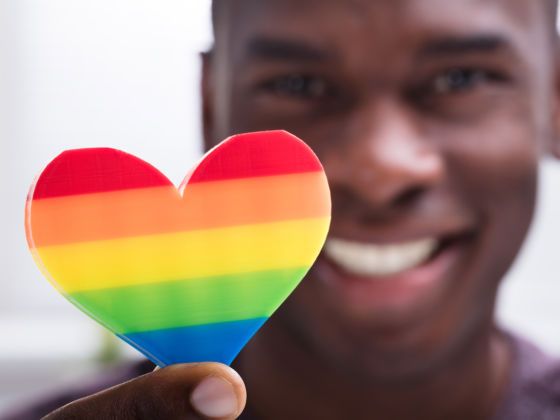VALENTINE’S DAY, AS A BILLION Hallmark cards have told us, is about love. Usually, the focus is on romantic love, but it’s just as often love between parents and children, brothers and sisters, or totally platonic friends who are definitely not going to hook up after a night of drinking wine together while whining about being single.
There’s no reason, though, that the love we celebrate shouldn’t extend even further. Why not celebrate love for our fellow man? Why not celebrate love for our planet? So maybe instead of spending money on a restaurant that’s jacked up its prices for the holiday, you should buy your partner a different kind of present: one that says, “I want to make this world a nicer place for you.” Here are some gift ideas.
